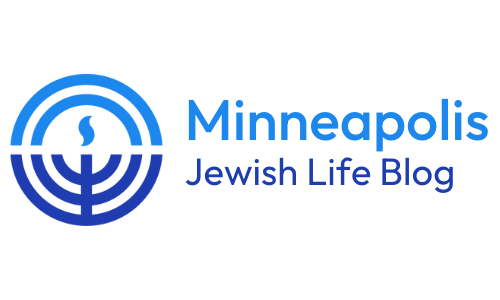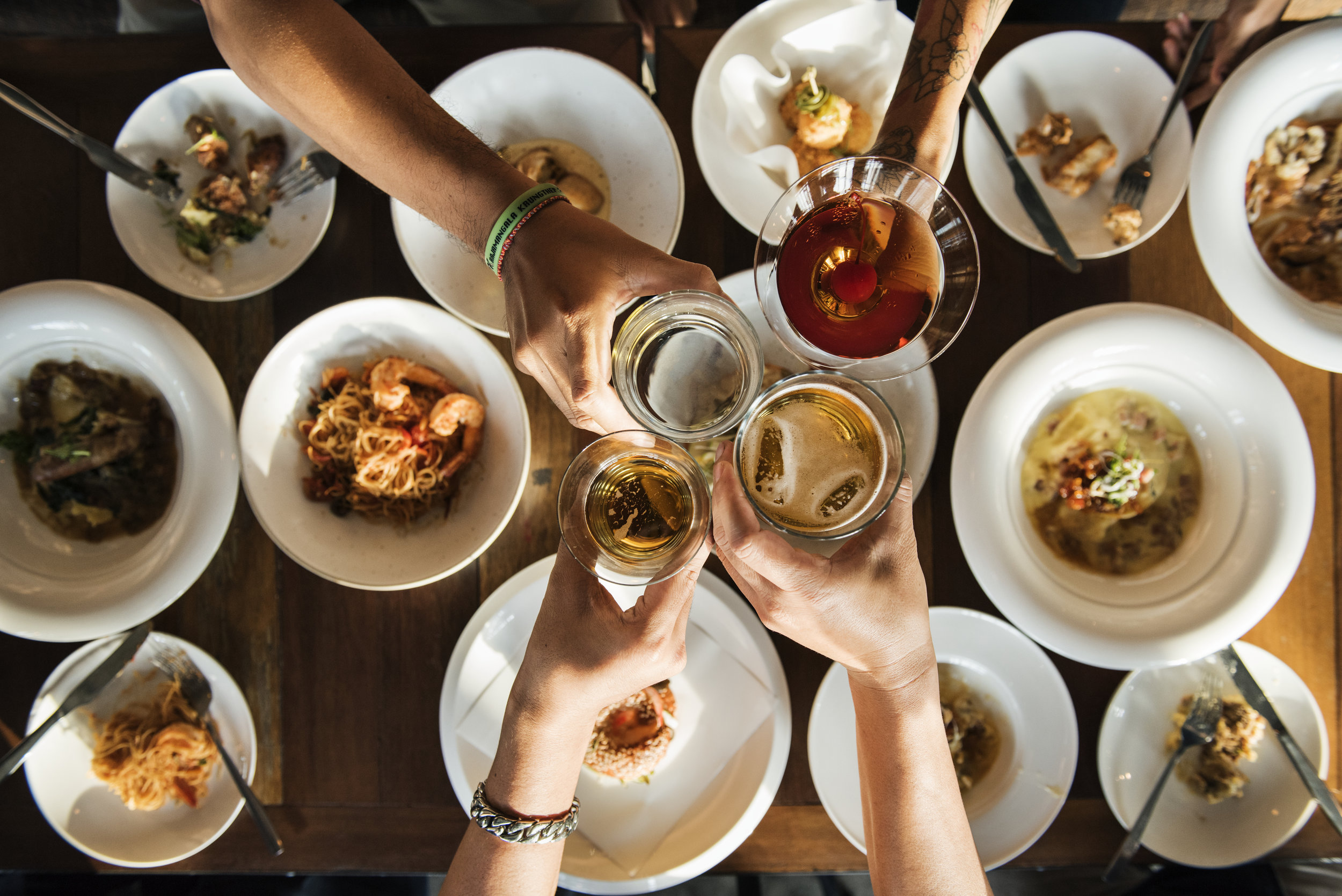Moishe House Twin Cities: a Jewish space in Uptown
Uptown Minneapolis: known for great restaurants, its proximity to lakes, independent coffee shops, late night shenanigans. And—since Moishe House moved in—legendary Shabbat dinners.
The Moishe House concept is simple: three twenty-somethings rooming together, hosting Jewish events.
“It’s important to have avenues for people to connect to Judaism in their own way,” said Samantha Hamlin, one of three women living at Moishe House Twin Cities. “Some people may connect in services. Others, like me, might connect through volunteering. We have four pillars of programming for our events: social, volunteering, Jewish Learning, and Shabbat and holidays.”
Moishe House’s model is resonating with young adults in a big way—and not just in Minneapolis. Founded in 2006, Moishe House launched when four Jewish 20-somethings began hosting Shabbat dinners in Oakland, California for their friends. Fueled by enormous demand for Jewish programming by and for young adults, Moishe House has become the global leader of Jewish life among that crowd. Today, there are 94 Moishe Houses in 21 countries, from Minneapolis to Moscow to Melbourne.
When the opportunity arose to bring Moishe House to the Twin Cities, the Minneapolis Jewish Federation evaluated the need and found that young adults craved this type of programming—and the community was ready to embrace it. With funds set aside for community initiatives, including young adult programming, Federation helped make the Twin Cities Moishe House a reality.
In August 2016, Samantha, Jacqueline Soria, and Lauren Dahar moved in, and in just three months have welcomed 475 young adults (204 unique participants) for Shabbat dinners, volunteer opportunities, holiday celebrations, and educational programming.
Samantha, Jacqueline, and Lauren plan all the programming themselves based on their personal interests and feedback from the community they’ve created. At one of their first events, Help Us Plant Our Roots, guests helped plant Moishe House’s backyard garden followed by snacks and a discussion about how Judaism relates to farming and food.
“This is a topic I care about a lot,” said Jacqueline, “I was excited to share it, but nervous people would be turned off by the idea of Jewish learning. But the response was just the opposite.”
Jacqueline was blown away by how guests embraced the event.
“It was so special to bond with people over a passion of mine and find they cared about it, too.”
Since that August evening of gardening and discussion, Moishe House has hosted happy hours, packed food for Second Harvest Heartland, volunteered at PRISM food shelf, served up a delicious break fast after Yom Kippur, carved pumpkins in the sukkah, and of course, hosted Shabbat dinners much like the ones that propelled Moishe House to success back in 2006. Moishe House Twin Cities also introduced the Tour de Rabbi series, an opportunity to schmooze, eat, and learn from rabbis across the Twin Cities about everything from the Jewish perspective on Halloween to unpacking the results of the 2016 election.
“I’ve loved getting to know so many different rabbis,” said Lauren. “Each one has a different flavor, and it’s so fun experiencing all of their styles.”
“The rabbis are leading some really cool innovative initiatives,” agreed Samantha. If they haven’t met a rabbi yet, say the women, they are eager to do so.
What’s next for Moishe House? The ladies have some ideas up their sleeve, including outside-the-box Passover programming and opportunities for community members to take on leadership roles. But above all, the women hope to continue creating a space to connect Jewish young adults.
“There’s a gap between graduating college and starting a family where Jewish life can be missing and young adults struggle to find community,” says Lauren. “This is why Moishe House is so important.”

